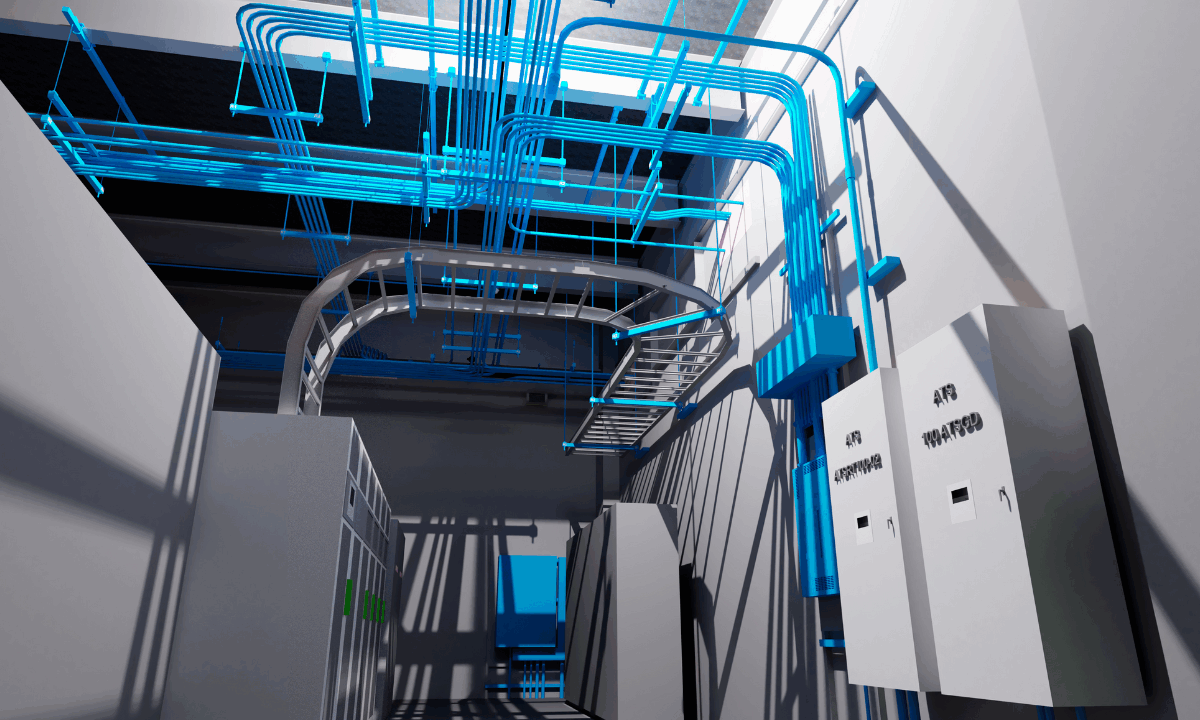Digital transformation has become a buzzword in many industries (Google search traffic for the phrase increased by 3,800% between 2012 and 2022), and construction is no different. Contractors, consultants and media publications have all highlighted the importance and potential impact of adopting digital tools to improve construction processes. And they are all broadly correct—digital tools have the power to greatly increase efficiency from preconstruction through asset management. However, digital transformation efforts are not complete without procurement and supply chain solutions that digitally connect contractors to suppliers and haulers.
A McKinsey research report estimates that, if implemented correctly, digital transformation can result in a 14% to 15% increase in productivity and a 4% to 6% reduction in costs for contractors. Additionally, adoption of digital tools can help attract younger, more tech-savvy employees, which is especially important given the widespread labor shortage currently facing the construction industry.
Although the potential benefits of digital transformation are very attractive, contractors must not overlook the suppliers and haulers they work with and how they communicate with these partners. For example, construction aggregate deliveries are still tracked on paper tickets. Contractors must collect physical tickets from truckers, then manually enter them into their project management system. But it doesn’t stop there—when the invoice for these materials arrives (sometimes in paper form), contractors must reconcile the invoice with their own records and mismatches often arise if even a single paper ticket was lost or misplaced. During a project from my days in construction, a dispute with one of our material suppliers dragged on for weeks before we ultimately resolved the issue when one of the foremen found a stack of paper tickets in his coat pocket. Reliance on paper-based processes not only results in errors and inefficiency, it also makes it impossible for contractors to achieve their aims of going fully digital.
The challenge of digitizing procurement and supply chain processes can create an interesting contrast between contractors’ stated policies and the reality that their employees face. At a recent visit to a large contractor, a project manager told us that despite his company having gone “fully digital,” he still has to come in on Saturdays to scan and enter all of the paper tickets that he receives for material deliveries. Despite his company’s best efforts, the realities of the suppliers that they buy materials from means that he still handles hundreds of paper tickets each week, taking time to enter the information from each ticket into their ERP and then upload a scanned copy.
It is important to note that suppliers and haulers are not at fault for the lack of digitization—in most cases, they would also prefer digital processes. Material suppliers deal with the same mismatches and headaches that result from misplaced tickets, often leading to delayed payments and time-consuming “forensic work” to get to the bottom of ticket disputes. For example, when the foreman on my jobsite misplaced a stack of tickets in his coat, payment to our supplier was delayed while their team spent several fruitless hours investigating the discrepancy—all because someone on our team had misplaced tickets! Similarly, haulers would love to access their tickets digitally to avoid having to collect paper tickets and handwrite invoices that they must mail to the supplier. Additionally, many haulers are owner-operators who have much better ways to spend their time than painstakingly tracking tickets and completing cumbersome paperwork—not to mention that they personally feel the pain of payment delays. As much as all parties may prefer full digitization, they lack tools that effectively enable digital communication.
For contractors, suppliers and truckers to digitize their processes, they need digital solutions that are built specifically for their operations. These solutions must perfectly understand the intricacies of their current processes so that they can seamlessly replicate them in a digital format that is both comprehensive and easy to use. To do this, the software must be built based on mountains of feedback from real users. Software solutions built for managing internal processes can be great tools for contractors but are ultimately insufficient to digitize procurement and supply chain, as evidenced by the prevailing reliance on paper.
Specialized software solutions built for the industry can bring connectivity to the construction supply chain and improve collaboration between contractors and their partners. Not only do these solutions help contractors achieve their aims of going fully digital, they also provide all sides greater access to the data and insights that empower them to optimize their operations and achieve the full benefits of effective digital transformation.







